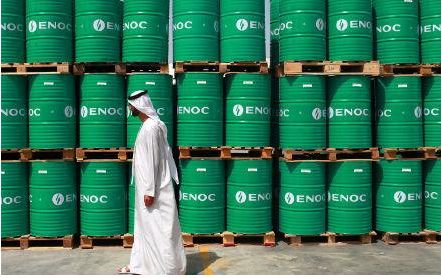- J-PECO in Brief
- Ethics and Compliance
- Accreditations &Membership
- HSQE
- Around The World
- Cooperation Partner
- J-PECO HeFei, China
- 16F, Fusi Center, FeiCui Road and XiuNing Road Intersection, ShuShan District, HeFei City, AnHui Province, PRC.
- +86 551-64665822 63524022
- +86 551-63524022-8010
- rex.gao@j-peco.com
- http://www.j-peco.com









